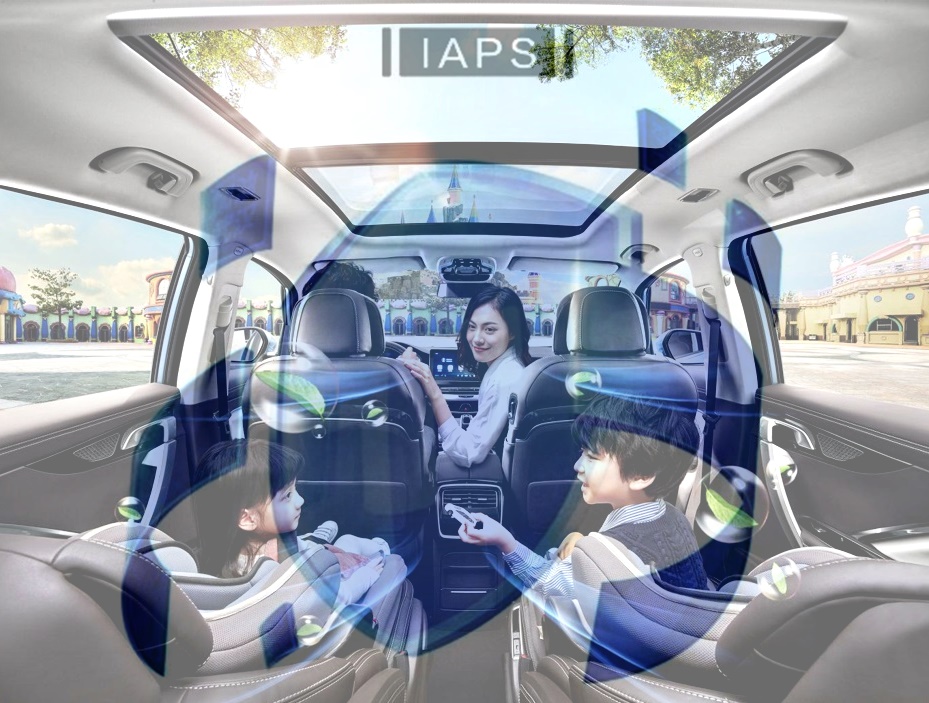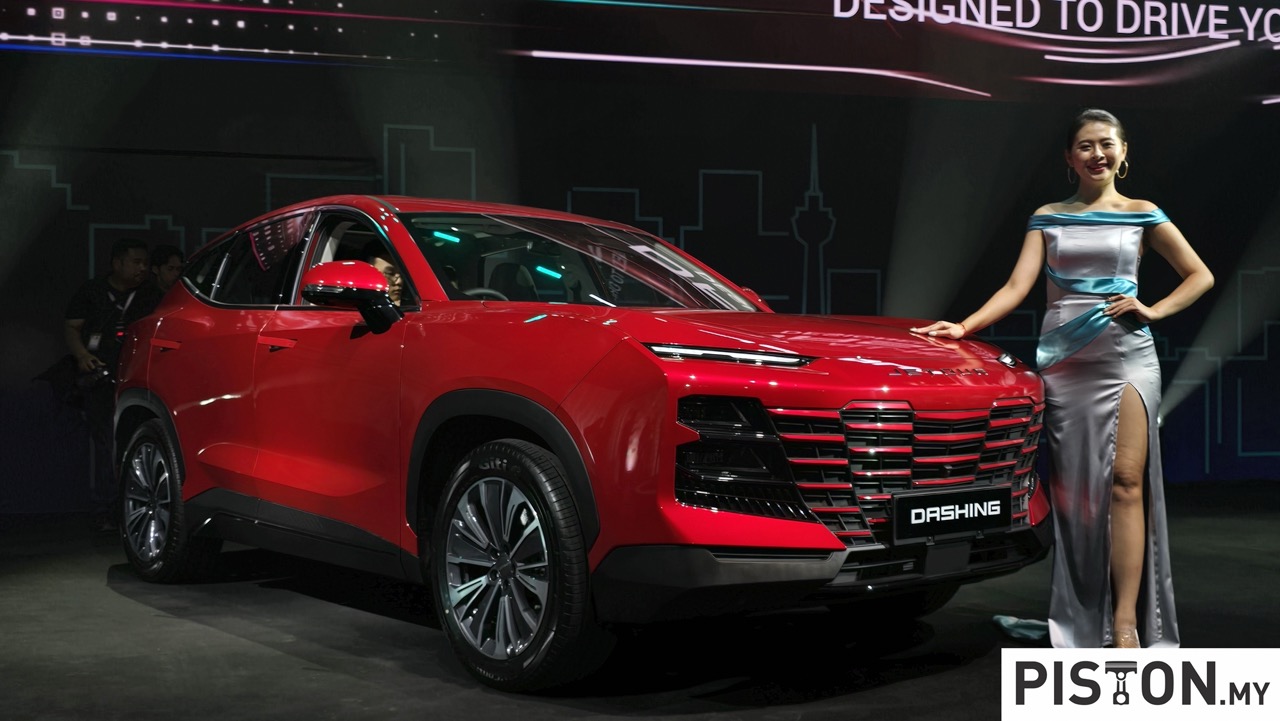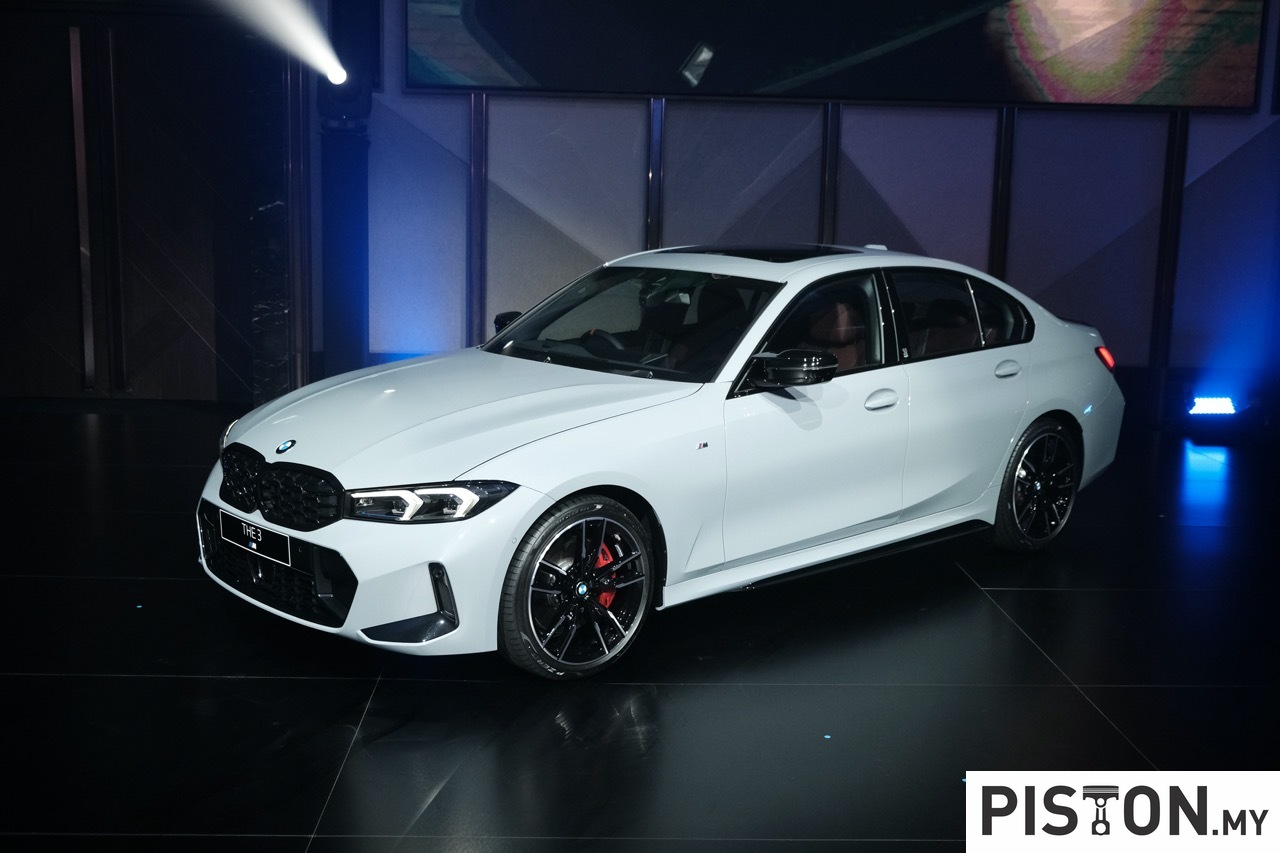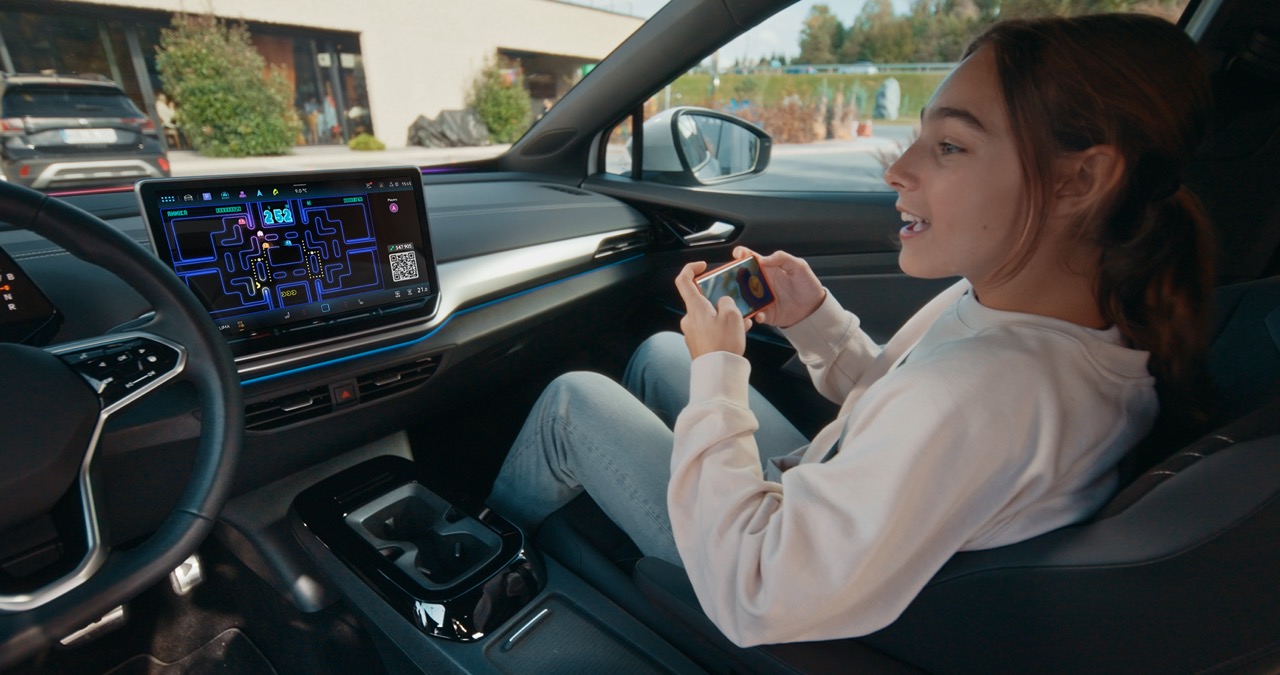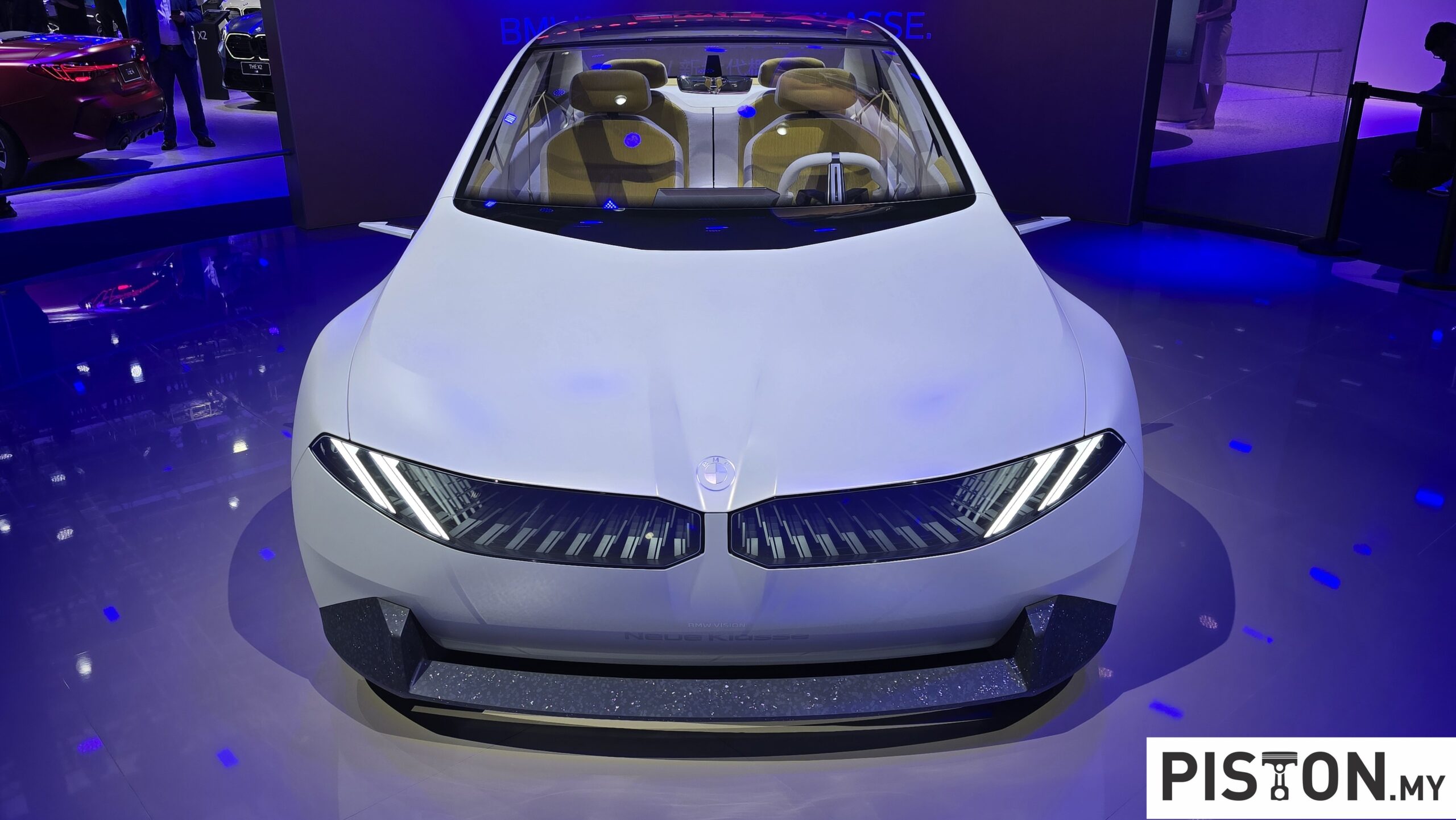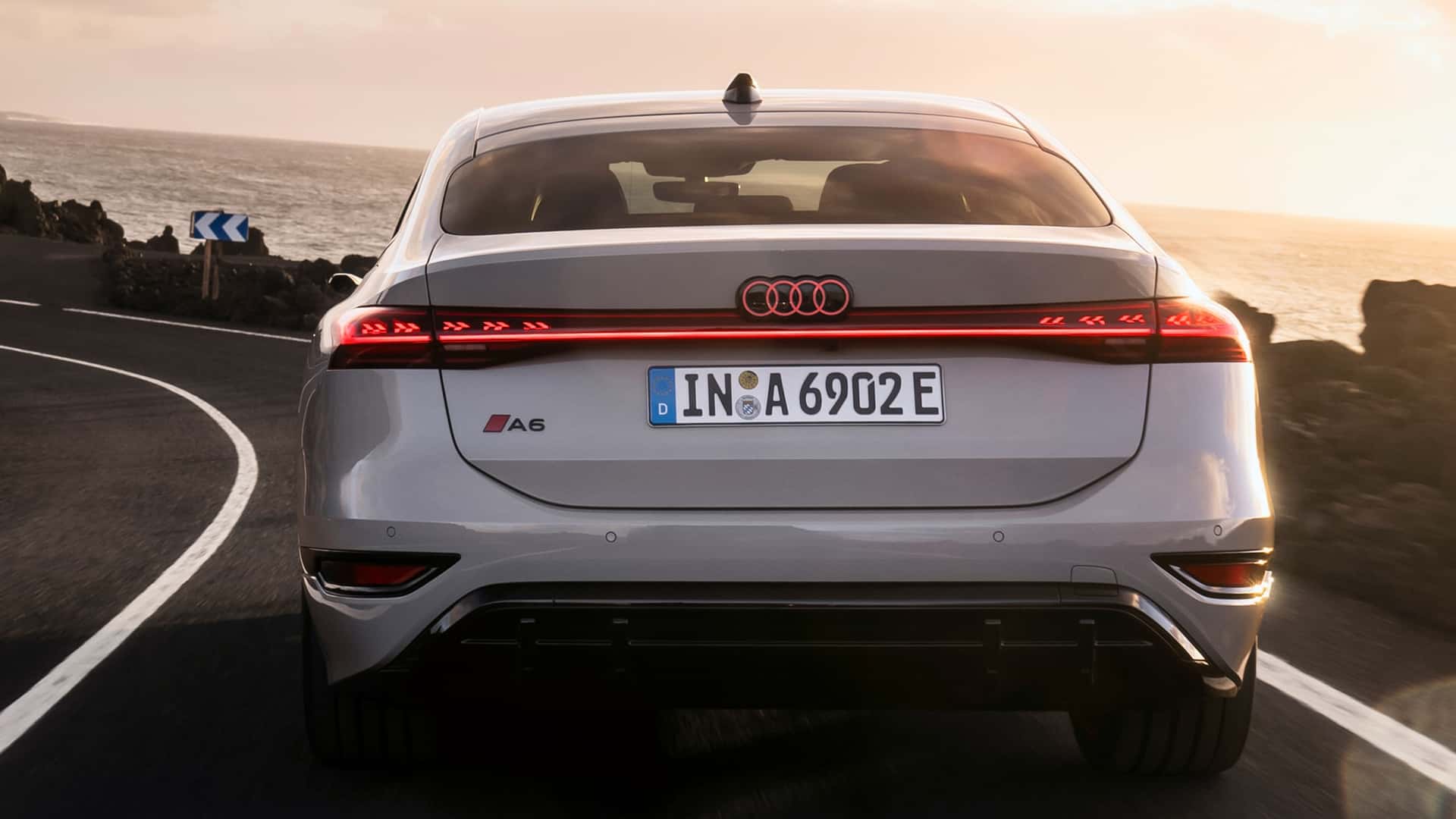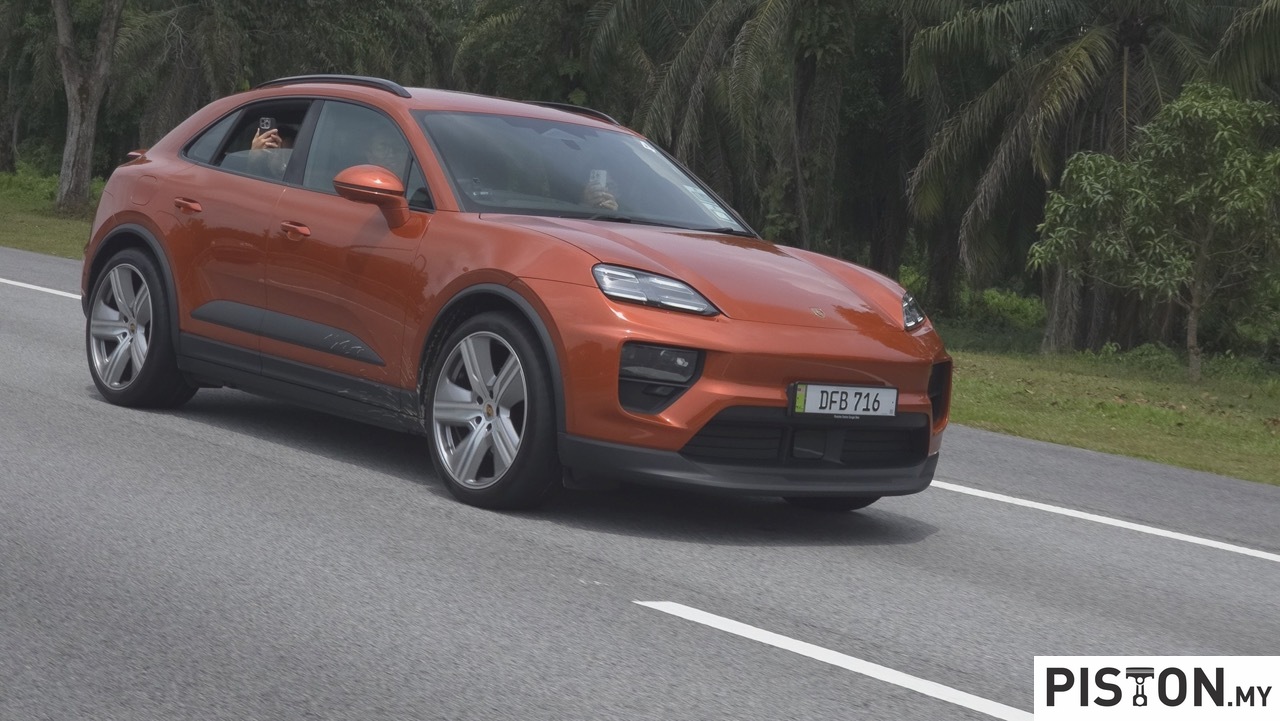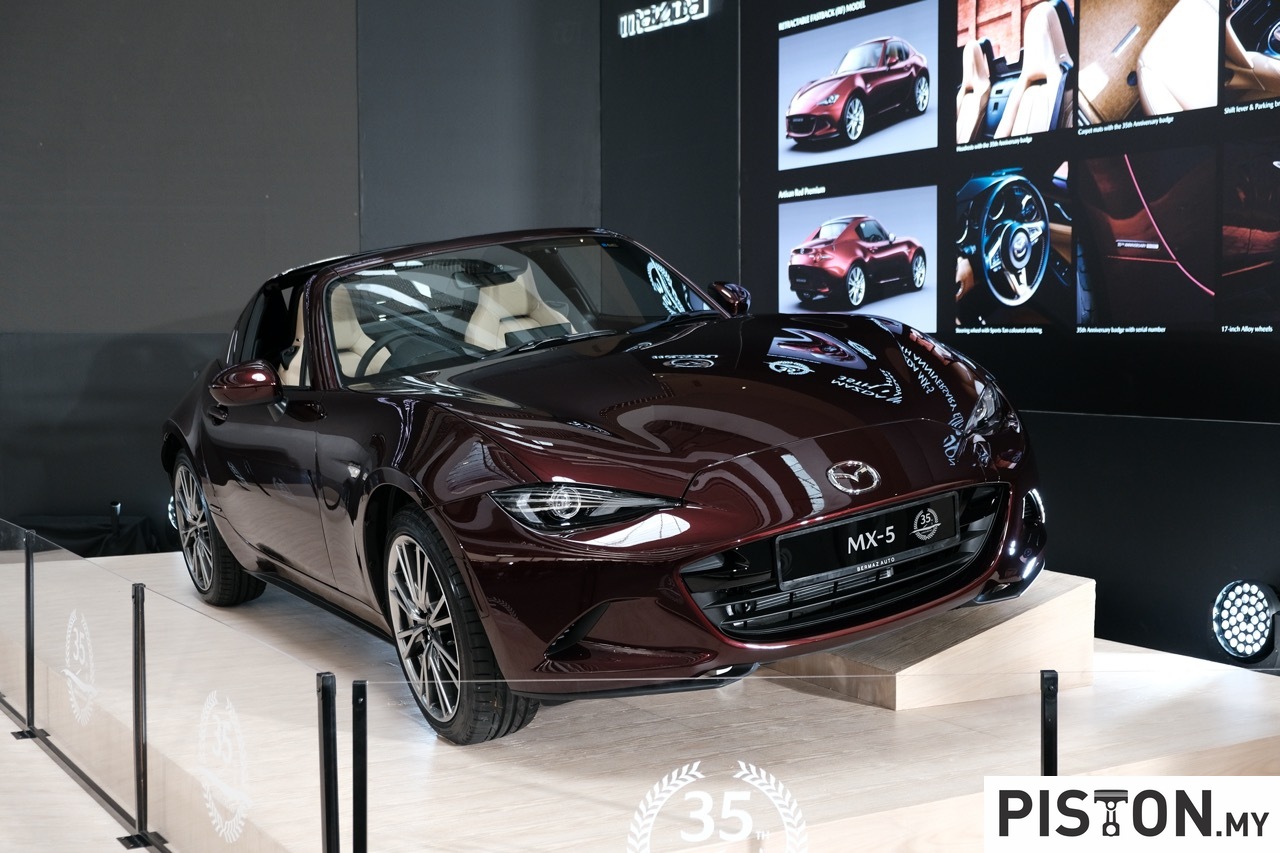Remember our earlier report about Geely Auto’s Healthy Car program to develop healthier vehicles? Well, showing just how determined it is to help fight the COVID-19 outbreak, the carmaker has come out with a G-Clean Intelligent Air Purification System (IAPS) which will be installed in all its vehicles. Working non-stop, Geely’s engineers developed the new system in just 20 days!
IAPS is able to automatically filter out harmful particulates – including airborne viruses – from the vehicles internal air environment. It has an advanced new active carbon chemical filter that can effectively absorb harmful gases such as formaldehyde as they enter the vehicle and is also able to filter out irritating odour and harmful pollutants once they are detected by the automatic system.
In addition, the IAPS is equipped with a negative ion generator that can sterilize and deodorize the cabin air, removing in airborne viruses, bacteria, fungi, and molds, etc. Geely says that the filtration is of the same level as an N95 respiration system. The ‘N95’ designation means that at least 95% of very small (0.3 micron) particles used in testing can be blocked.
The IAPS system was already installed in the 150 Jiaji MPVs that the company provided to frontline workers battling the Coronavirus epidemic across China. It will be installed in other models from next month.
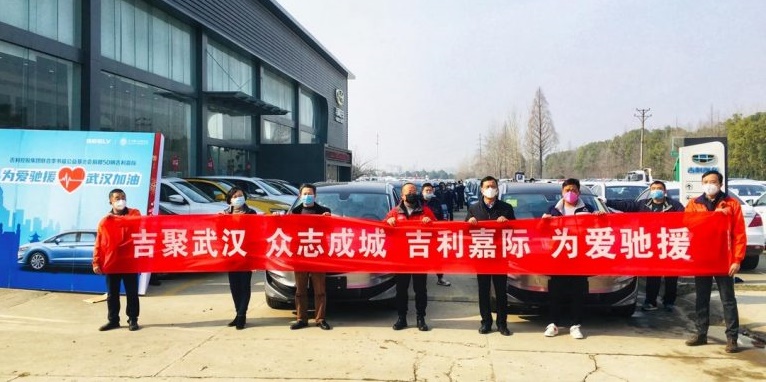
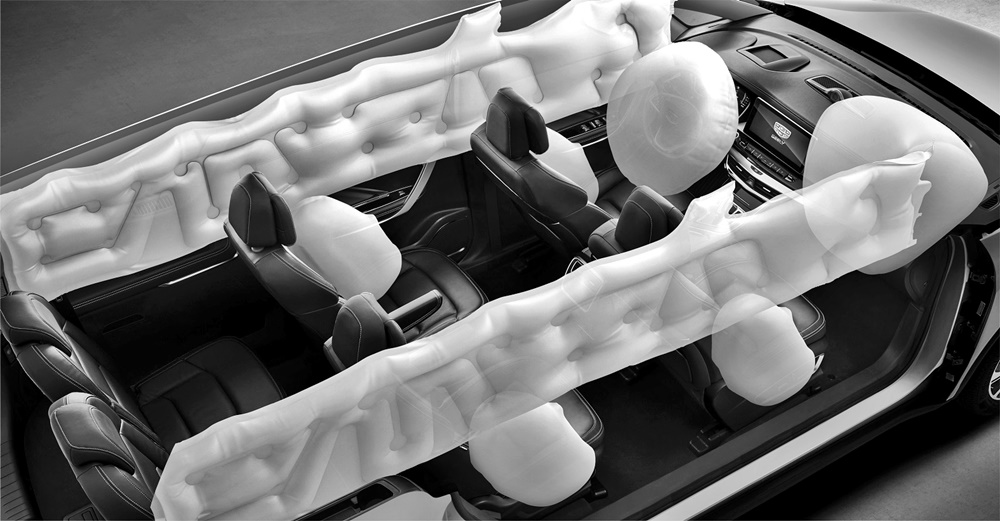
Under the Geely Healthy Car program, Geely Auto will move to invest 370 million RMB (about RM220 million) into the development of healthier vehicles. The program will progress in three key phases, starting with the introduction of short-term solutions such as the IASP system that quickly be introduced at affordable levels. In Phase 2 and 3, Geely will be partnering with leading medical agencies and material companies to develop clean materials for interior and exterior parts such as buttons and grab handles which may harbour harmful bacteria and viruses. Hopefully, the solutions will also be shared with other companies in the Geely Group which includes Proton.
Geely Auto looks at ‘passenger safety’ from a different perspective, aims to make cars ‘healthier’




